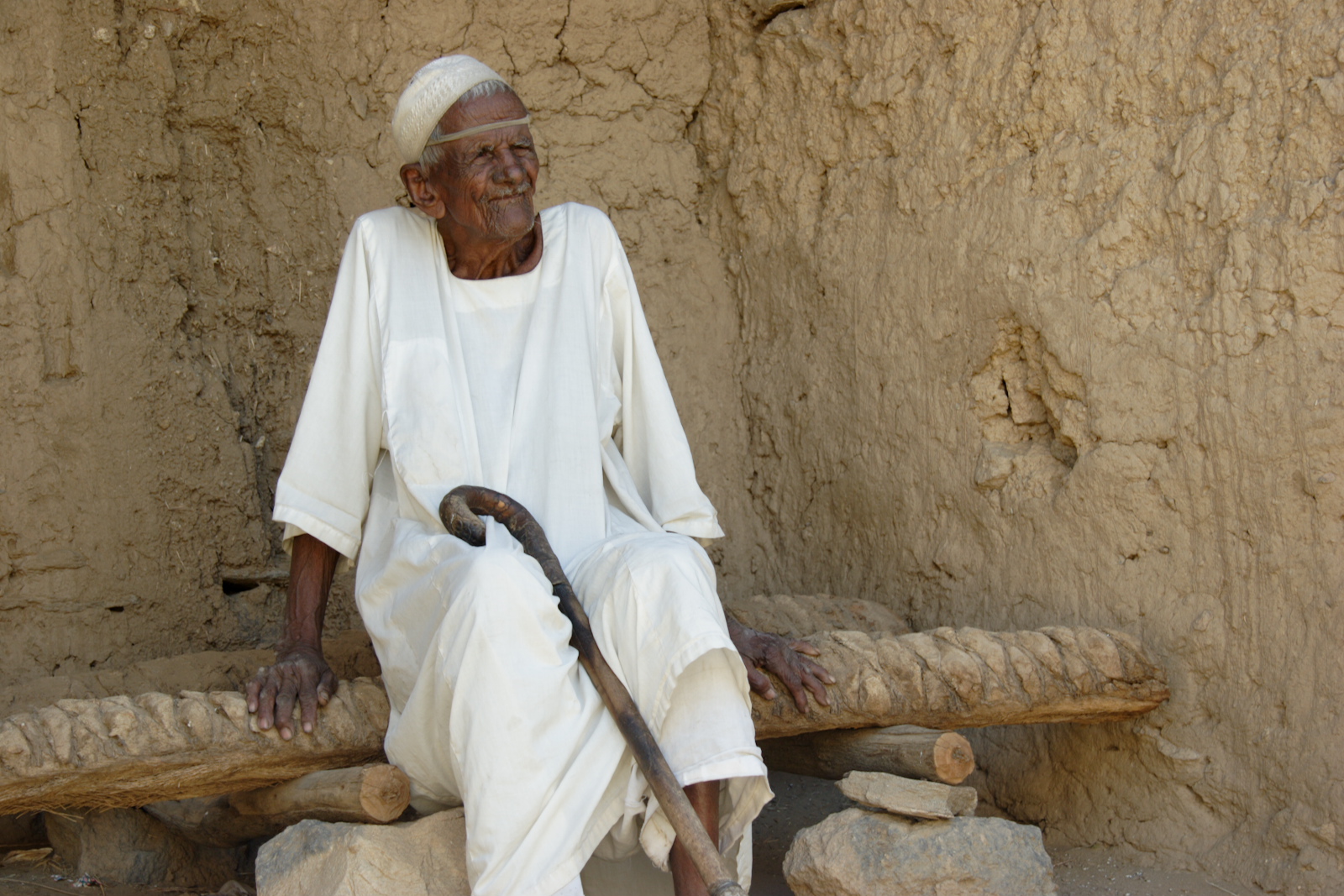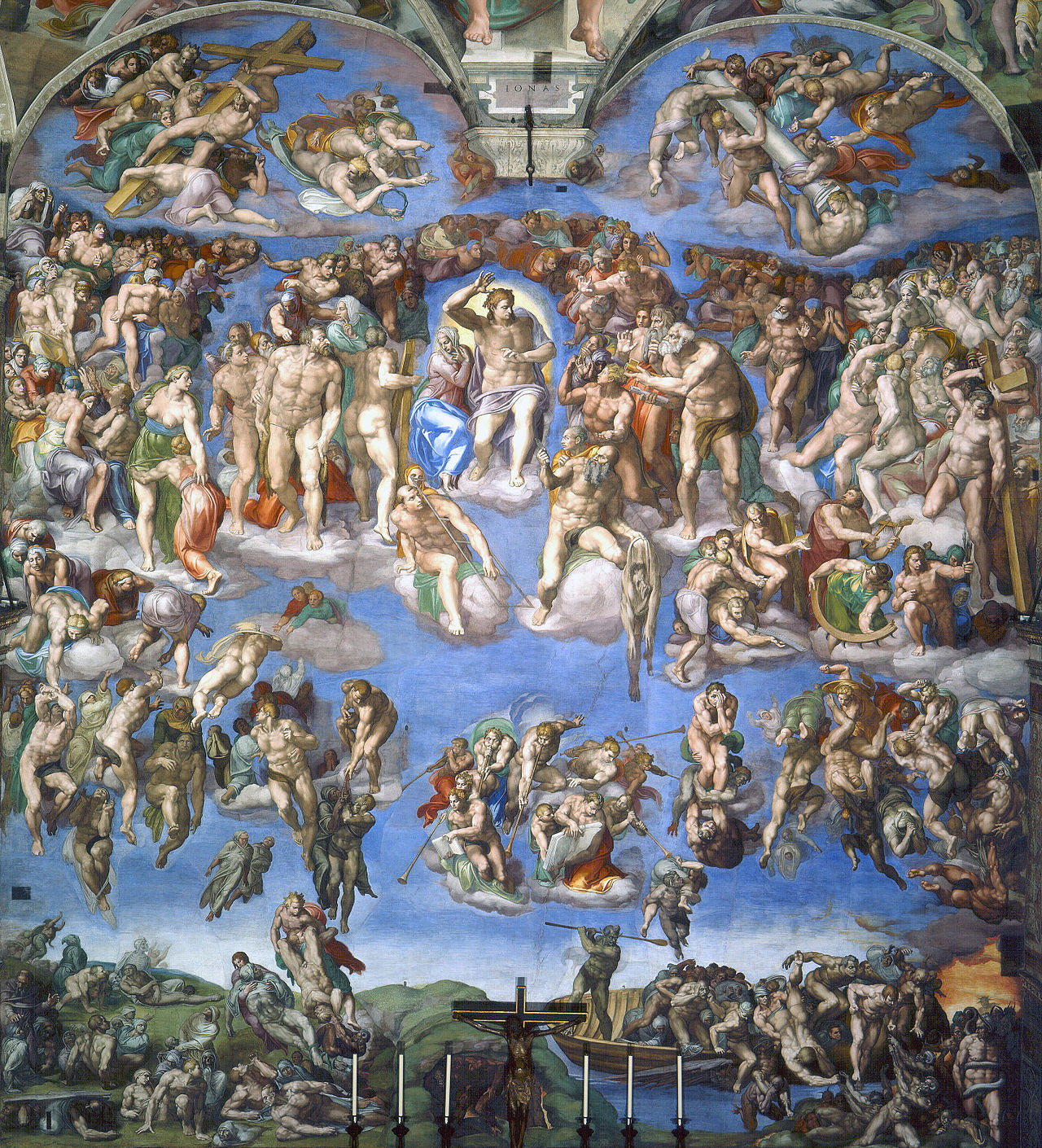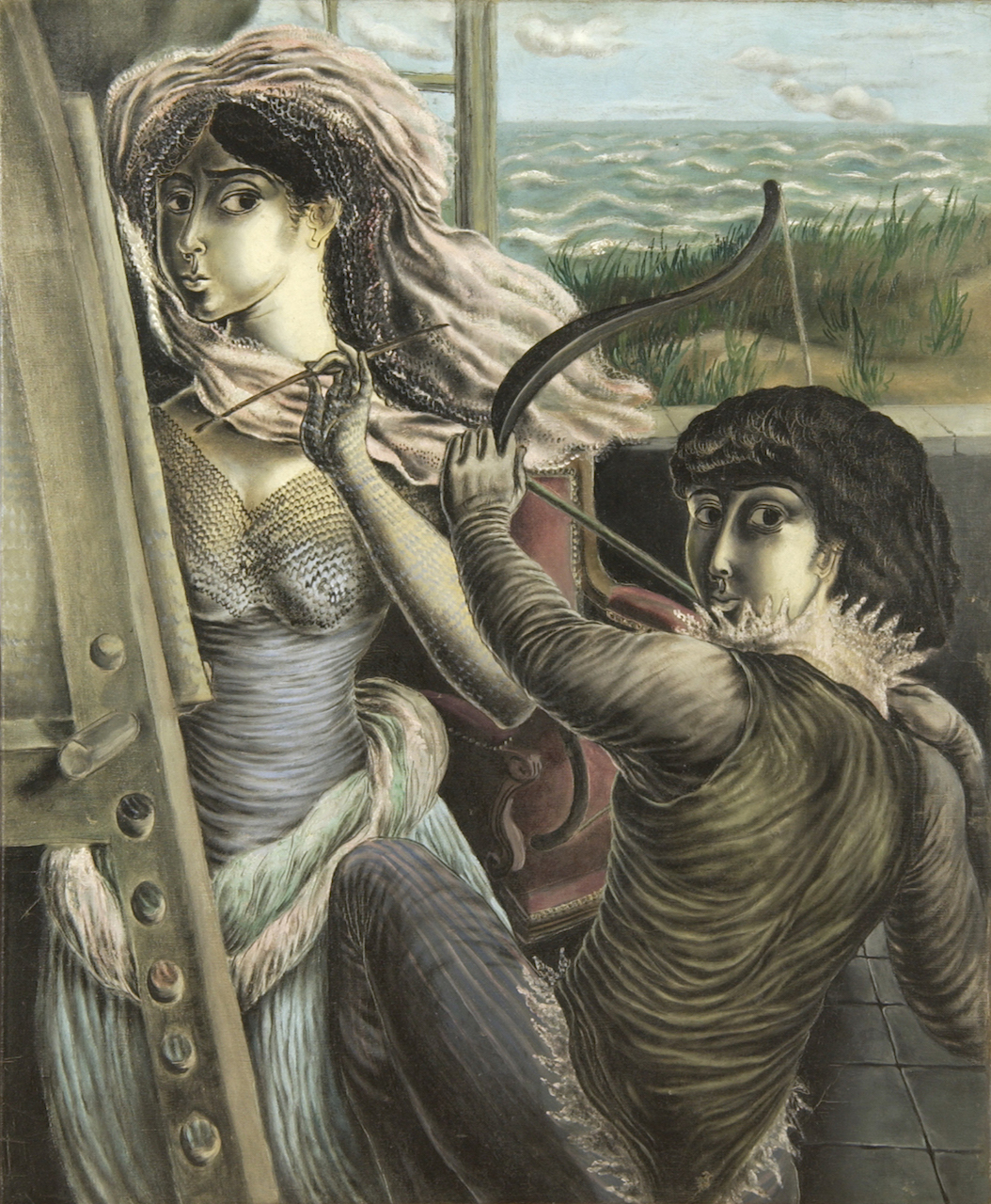The following is the first of a two-part series.
“Share with God’s people who are in need. Practice hospitality.” (Romans 12:13 NIV)
“he who believes in Allah and the Last Day should show hospitality to his guest” (Sahih Muslim hadith, Book 1 Hadith 75)
In the immediate aftermath of September 11, conservative political scientist Samuel Huntington’s theory of the “clash of civilizations” earned a brief resurgence in the American press. Huntington posited that there existed eight civilizations across the world that were doomed to battle against each other for supremacy.[1] Edward Said made a devastating rebuttal of the thesis in The Nation, arguing that in Huntington:
the personification of enormous entities called “the West” and “Islam” is recklessly affirmed, as if hugely complicated matters like identity and culture existed in a cartoonlike world where Popeye and Bluto bash each other mercilessly, with one always more virtuous pugilist getting the upper hand over his adversary. Certainly neither Huntington nor Lewis has much time to spare for the internal dynamics and plurality of every civilization, or for the fact that the major contest in most modern cultures concerns the definition or interpretation of each culture, or for the unattractive possibility that a great deal of demagogy and downright ignorance is involved in presuming to speak for a whole religion or civilization. No, the West is the West, and Islam Islam[2] (n.pag).
Though the response of “Western” countries like the United States to the 9/11 and other bombings has been to often reaffirm the Christian foundations of these countries, Said reminds us of the complicated nature of multicultural countries and regions, and the mixed and sometimes conflicting allegiances to nation, religion, family, race, ethnicity.
Mohsin Hamid’s 2007 novel The Reluctant Fundamentalist[3] charts this complex territory through the story of Changez, a Pakistani who had emigrated to the United States to do his degree at Princeton, began a lucrative career with an elite valuation firm called Underwood Samson and a romance with the beautiful Erica, only for the events of September 11 to intervene and his sojourn in the U.S come to an end. On his return to Pakistan he then becomes radicalized and though it is unclear, may in fact be the reluctant fundamentalist of the novel’s title. The Reluctant Fundamentalist is a very different 9/11 novel than those by many American writers. Literary critic David Holloway has argued that the “9/11 novel” already represents a distinctive genre in and of itself, one largely conglomerated around notable writers like Don DeLillo and Philip Roth.
As Holloway argues, novels like Philip Roth’s The Plot Against America and Cormac McCarthy’s The Road, “generalised from contemporary events a working definition of historical experience as trauma [. . .] The early 9/11 novel generally understood history to be governed by random factors [. . .] rather than motivated decision-making, policy initiatives or the working through of vested interests.”[4]
The 9/11 novel understood this way is therapeutic, de-historicizing and largely de-politicizing. In contrast, Hamid’s novel is politically aware, subtly educating its readers in the ways in which American geo-power is used globally and in the United States itself. The Reluctant Fundamentalist powerfully suggests that one of the consequences of the 9/11 attacks is the failure of American (post) Christians to take seriously the religious duties of Abrahamic hospitality for their Muslim siblings. When confronted with alterity, the American state proves to be profoundly inhospitable for the Pakistani Muslim immigrant. Arguably, this failure of hospitality is a religious failure, which therefore produces a religious response in the form of terrorist violence.
Hospitality
In all three Abrahamic religions (Judaism, Christianity and Islam), hospitality is a religious duty. From Sodom and Gomorrah in Genesis (Bereishit in Hebrew) to Muhammad and the cave to Mary’s Annunciation, each begins with a certain meeting with alterity, and each includes injunctions towards practicing hospitality to strangers. One might consider Christ’s commandment in Matthew, “So in everything, do to others what you would have them do to you, for this sums up the Law and the Prophets” (7:12, NIV), or the teaching of the Prophet that “Islam began as a stranger, and it will become a stranger.
So blessed are those who are strangers” (Sahih Muslim, book 1 Hadith 270). Indeed, injunctions towards treating strangers well can be found not only in the three Abrahamic religions, but in numerous other traditions too. Richard Kearney cites seven faiths—Buddism, Hinduism, Jainism, Sikhism, Zoroastrianism, Confucianism and Taoism—that contain instructions towards treating others as one might wish to be treated.[5] How to respond ethically to the stranger has long been a peculiar fixation of religions.
More recently, studies on hospitality have become a hot topic in continental philosophies of religion, in France and the United States alike. In particular, Jacques Derrida’s late work devoted significant amounts of attention to the subject. Derrida rightly argued that hospitality is not one ethics amongst other ethics, but rather the very foundation of culture. In his article “Hostipality,” he introduced his idea of absolute or radical hospitality through an analysis of Christian-Islamic relations in the late French writer Louis Massignon’s travels throughout the Middle East.
Derrida points out that hospitality by its very nature must be unforced—“if I say to the other, upon announcement of his coming [sa venue], ‘come in’ [Entrez donc], without smiling, without sharing with him some signs of joy, it is not hospitality.”[6] Derrida goes on further to say that hospitality cannot occur if it is only given to those who one invites, to the already acceptable. Instead, he argues that “radical hospitality consists, would have to consist, in receiving without invitation, beyond or before the invitation.”[7] Radical hospitality in this account would demand an unforced welcome to an unexpected arrival, a difficult, perhaps impossible openness to the Other.
Beyond its sources in the canonical texts of the Abrahamic, the post-structuralist analysis of Derrida, Kearney and others resuscitate several perhaps more marginal interpretations of this theme of hospitality. Kearney reminds us of the tradition in Sufi poetry of equating the divine with the stranger or guest in the works of poets like Rumi, Hallah, Hafiz, and Kabir Das.[8] Hafiz asks, “if God had invited you to a party, and said, ‘Everyone in the ballroom tonight will be my special Guest, How would you treat them when you arrived?’[9] To honor the guest is to honor God.
Derrida draws an even more radical conclusion on this theme in The Gift of Death, his meditation on the attempted sacrifice of Isaac by his father Abraham in Genesis 22, when he reminds us that the infinite alterity of God differs from the infinite alterity of any other Other (tout autre). Derrida suggests that “everyone else [. . .] is infinitely other in its absolute singularity, inaccessibility, solitary, transcendent.”[10] Therefore, “what can be said about Abraham’s relation to God can be said about my relation without relation to every one (one) as every (bit) other” (78). The opacity of the Other—any Other—prevents us from making any firm distinctions between God and any Other. In other words, in a certain sense, the guest is God.
Derrida preempts objections to this theme of absolute openness to the Other, when he acknowledges that the undecidability of openness to the Other is a risky move. There is after all a volatility in the very etymology of the word “hospitality” in Latin, which signals both hostility and hospitality. Derrida points out that “for pure hospitality or pure gift to occur there must be absolute surprise [. . .] an opening without horizon of expectation [. . .] to this newcomer whoever he be. The newcomer may be good or evil, but if you exclude the possibility that the newcomer is coming to destroy your house, if you wish to control this and exclude this terrible possibility, there is no hospitality.”[11]
In the post 9/11 age of terrorism, immigrants and refugees, this is a hard demand for anyone to make—to expose themselves and others to risk. Kearney makes an interesting critique of Derrida’s theory of hospitality when he asks “what is to prevent us saying yes to a malevolent agent as much as to a transcendent God who comes to save and liberate us?”[12] Nothing indeed. Yet Derrida affirms the necessity of this move, for to begin to make conditions on which Others arrive is to cross out the very possibility of the utterly new occurring. Ironically for those on the Christian Right in the United States, the fear of the unexpected incursion of alterity (notably, Muslim and immigrant) may also be considered an attempt to ward off the sacred.
The necessity of the openness to the Other is noted further by Derrida in On Cosmopolitanism and Forgiveness (2001),[13] where he turns his attention specifically to immigration and the modern nation-state. Derrida traces the concept of hospitality through its Roman, early Christian, Jewish and medieval roots. Against the Kantian linking of the nation-state with unconditional hospitality, Derrida suggests that metropolises become “cities of refuge,”[14] a term he takes from Emmanuel Levinas’s Talmudic readings,[15] saying “whether it be the foreigner in general, the immigrant, the exiled, the deported, the stateless or the displaced person (the task being as much to distinguish prudently between these categories as is possible), we would ask these new cities of refuge to reorient the politics of the state.”[16]
The city, against the violence of the nation-state, should offer a place of refuge, and in the process change the politics of the state towards the hospitable. It is unsurprising though that in the face of the tragedy of September 11 that even a city as famously hospitable to the unexpected arrival of the Other as New York would fail that vital task. It is this failure that Hamid’s The Reluctant Fundamentalist takes up.
Multiculturalism’s Limited Acceptance
Narrated in the first person from a cafe in Lahore, Pakistan, Changez takes on the role of the host to his American companion. He offers his largely silent guest local tea and imported soda, having a long extended meal with him whilst regaling him with the story of his failed immigration to the US. He says that, “it is a mark of friendship when someone treats you to a meal—ushering you thereby into a relationship of mutual generosity.”[17] This generosity is repeated both in Pakistan and in the US, when Changez’s friend Wainwright purchases him a meal.[18]
Through this move, we will see that while there is undoubtedly friendship and generosity between the two, there is far from mutuality of the relationship between Changez and his companion, the United States. In particular, through this portrayal of hospitality, The Reluctant Fundamentalist stages the antinomies of contemporary American multiculturalism and its relation to terrorism. As literary critic Anna Hartnell points out, while The Reluctant Fundamentalist “critiques the melting pot conception of American society in its manifestations both before and after 9/11 – indeed, the novel questions this supposed break – it also insists on a shared vision of society that eludes many accounts of multiculturalism” (2010, 337).[19]
In New York, Changez meets an initial acceptance of the sort proclaimed by the multiculturalist discourse. His classmates at Princeton and workmates at Underwood Samson are accepting, even occasionally celebratory of his cultural difference. Changez has dinner with Erica and her parents, “[taking] advantage of the ethnic exception that is written into every code of etiquette and a starched white kurta of delicately woven cotton over a pair of jeans.”[20] Erica states that he “looks great” (50), while her mother notes approvingly to Erica, “very nice.”[21]
Changez suggests that it was a “testament to the open-mindedness and—that overused word—cosmopolitan nature of New York that [he] felt completely comfortable in this attire” (48). Changez’s work, too, appears similarly accepting, with him quickly rising through the ranks of the firm, granted more and more responsibility. He is, in Homi Bhabha’s words, “almost the same, but not quite.”[22] Indeed, for Changez, New York is the multicultural city par excellence, for as he states:
…moving to New York felt—so unexpectedly—like moving home. But there were other reasons as well: the fact that Urdu was spoken by taxicab drivers; the presence of a samosa- and channa-serving establishment called the Pak-Punjab Deli; the coincidence of crossing Fifth Avenue and hearing, from loudspeakers mounted on the South Asian Gay and Lesbian Association float, a song to which I had danced at my cousin’s wedding.[23]
With the presence of so many diasporic communities, New York has long been one of the most welcoming—hospitable—cities in the United States for immigrants. Changez feels himself to be less an American than a New Yorker. An island of conviviality, New York can be seen to operate as a model of Derrida’s cities of refuge.
Emily McAvan is an Australian literary critic whose work addresses the intersection between religion and culture. She is the author of Jeanette Winterson and Religion (Bloomsbury 2019) and The Postmodern Sacred (McFarland 2012).
______________________________________________________________________________
[1] Huntington, S. “The Clash of Civilizations?” Foreign Affairs 72, no. 3 (1993): 22-49.
[2] Said, E. “The Clash of Ignorance” in The Nation (2001).
[3] Hamid, M. The Reluctant Fundamentalist (Orlando: Harcourt, 2007).
[4] Holloway, D. Cultures of the War on Terror: Empire, Ideology, and the Remaking of 9/11 (Montreal and Kingston: McGill-Queen’s UP, 2008), 107.
[5] Kearney, R. An-atheism: Returning to God after God ( ew York: Columbia UP, 2011), 150.
[6] Derrida, J. “Hostipitality” in Acts of Religion, translated by Gil Anidjar. ed. Gil Anidjar, (New York and London: Routledge, 2002), 358.
[7] Derrida, 360
[8] Kearney 35
[9] Ibid. 35.
[10] Derrida, J. The Gift of Death, translated by David Willis (Chicago: University of Chicago Press, 1994),78.
[11] Derrida, J. “Hospitality, Justice and Responsibility: A Dialogue with Jacques Derrida” in Questioning Ethics, ed. Richard Kearney and Mark Dooley (New York: Routledge, 1999), 70.
[12] Kearney, R. The God Who May Be: A Hermeneutics of Religion (Bloomington and Indianopolis: Indiana UP, 2001), 76.
[13] Derrida, J. On Cosmopolitanism and Forgiveness, translated by Mark Dooley and Michael Hughes (London and New York: Routledge, 2001).
[14] Derrida 2001, 5.
[15] Levinas states that “the city of refuge is the city of a civilization or of a humanity which protects subjective innocence and forgives objective guilty and all the denials that acts inflict on intentions” (51). Interestingly, he links the city of refuge with the political project of Zionism, which is “nor one more nationalism or particularism” (52) but is a hope centered on the earthly place of Jerusalem. Levinas, E. “Cities of Refuge,” Beyond the Verse: Talmudic Readings and Lectures, translated by Gary D. Mole (London and New York: Continuum, 2007).
[16] Derrida 2001, 4.
[17] Hamid, 40
[18] Hamid, 39.
[19] Hartnell, A. “Moving Through America: Race, Place and Resistance in Mohsin Hamid’s The Reluctant Fundamentalist.” The Journal of Postcolonial Writing 46, no. 3 (2010), 337
[20] Hamid, 48.
[21] Ibid. 50.
[22] Bhabha, H. The Location of Culture (New York and London: Routledge, 2001), 127.
[23] Hamid, 33.




